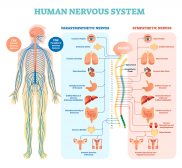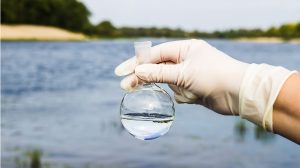Definition
noun
The four principles intended to ascertain the underlying relationships between a microbe and a disease.
Supplement
It was established and formulated by Robert Koch and Friedrich Loeffler in 1884 based from the concepts illustrated by Jakob Henle.
The following are the four fundamental principles:
• The microbes must be in abundant and present in organisms suffering from disease.
• The microbes must be isolated and grown in a pure culture
• The pure culture must cause the disease when introduced into a healthy organism
• The microbes must be reisolated from the induce organism and being grown again in a culture media that shows similarity to the original pure culture.
Koch’s postulate has been useful in the etiology of tuberculosis and cholera yet, it has some limitations when the discoveries of asymptomatic or subclinical infections, thus abandoned the idea of the first postulate. However the second postulate might also suspended when some bacteria that cannot be grown in pure culture like the microbes responsible in leprosy and when there is no available animal model for that particular bacteria.
In spite of various limitations Koch’s postulates is still a constructive standard in evaluating whether there is a cause-and-effect relationship between a bacteria and a disease.
See also:
• Bradford Hill criteria
• Causal inference
• Mill’s Methods
• Molecular Koch’s postulates
Dictionary > Koch postulate
You will also like...

The Human Nervous System
The nervous system is essentially a biological information highway. This tutorial gives an overview of the nervous syste..

The Water Cycle
The water cycle (also referred to as the hydrological cycle) is a system of continuous transfer of water from the air, s..

Water in Plants
The movement of molecules (specifically, water and solutes) is vital to the understanding of plant processes. This tuto..

Freshwater Ecology
Freshwater ecology focuses on the relations of aquatic organisms to their freshwater habitats. There are two forms of co..

Sigmund Freud and Carl Gustav Jung
In this tutorial, the works of Carl Gustav Jung and Sigmund Freud are described. Both of them actively pursued the way h..

The Dinosaurs
Dinosaurs represented a major turn in the evolutionary development of organisms on Earth. The first dinosaurs were presu..

